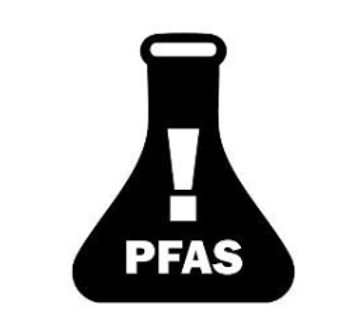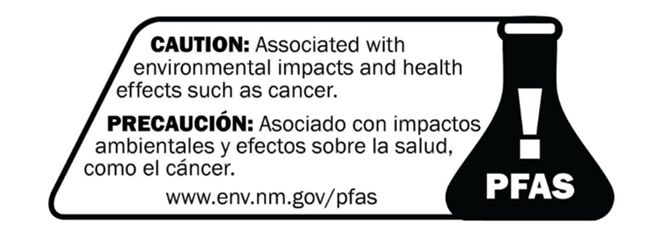- within Environment topic(s)
- in United States
- with readers working within the Banking & Credit and Pharmaceuticals & BioTech industries
- within Environment, Criminal Law and Employment and HR topic(s)
On October 8, 2025, the New Mexico Environment Department (NMED) proposed new regulations to implement the state's PFAS Protection Act, enacted earlier this year. The proposed rules are now pending review by the state's Environmental Improvement Board, which will decide whether to adopt them.
If finalized, the rule would impose broad labeling requirements for products containing intentionally added PFAS. Beginning January 1, 2027, manufacturers would be required to label such products to inform consumers of the presence of PFAS. The label must be conspicuous and durable, use words and symbols approved by NMED, and be provided in both English and Spanish. Where product labels are obscured by packaging, the packaging itself must display the required labeling. Additionally, packaging must provide the website for NMED's PFAS page.
Labeling requirements would differ for "complex durable goods," defined as goods composed of 100 or more manufactured components, with an intended useful life of five or more years, where the product is typically not consumed, destroyed or discarded after a single use. For these goods, PFAS information would be required in the product's specification sheet and operation and maintenance manuals. The manual must also identify specific product components containing intentionally added PFAS and their locations within the product.
NMED provided draft labels with its proposed rule, noting that the labels "are not final and may change before finalization of the rules."

NMED's draft label for products containing intentionally added PFAS.

NMED's draft label for consumer packaging of
products
containing intentionally added PFAS.
In addition to labeling, the proposed rule sets forth reporting and testing obligations. Beginning January 1, 2027, manufacturers would be required to provide NMED information about the amount and purpose of intentionally added PFAS in their products. This reporting would include the percentage concentration of each PFAS substance present and documentation verifying the analytical method results. If NMED reasonably suspects that a product contains intentionally added PFAS and has not met reporting or labeling requirements, the department would have the authority to require testing or conduct testing itself. Under the proposed rule, violations of PFAS obligations would be subject to civil penalties of up to $15,000 per day.
The content of this article is intended to provide a general guide to the subject matter. Specialist advice should be sought about your specific circumstances.


